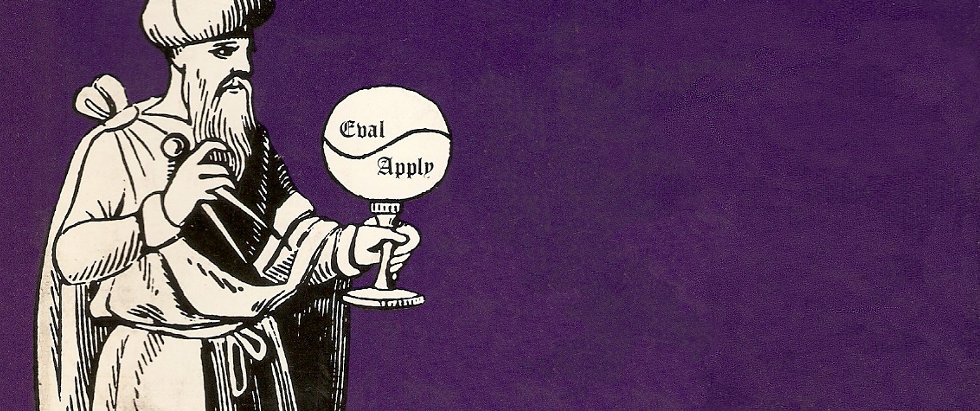OOP is still dominating in today’s software shops, especially in mobile/web development. Design patterns, SOLID principles and TDD etc. are the mainstream mindset to develop OOP software.
I still remembered my first programming job. Huge codebase, don’t know where to start. I even took notes of the code in my notebook and drew graphs of it. But still didn’t have a clue after years gone by. My desk was by the window, I used to look outside the window while standing beside it a lot.

Do you think Computer Science equals building websites and mobile apps?
Are you feeling that you are doing repetitive and not so intelligent work?
Are you feeling a bit sick about reading manuals and copy-pasting code and keep poking around until it works all day long?
Do you want to understand the soul of Computer Science?
If yes, read SICP!!!
Finally, we arrived at one the epic topics in the SICP book, stream.

Do you think Computer Science equals building websites and mobile apps?
Are you feeling that you are doing repetitive and not so intelligent work?
Are you feeling a bit sick about reading manuals and copy-pasting code and keep poking around until it works all day long?
Do you want to understand the soul of Computer Science?
If yes, read SICP!!!
Functional Programming is coming back in recent years, so people who have been doing Java or C++ for their entire career will want to know what is the difference.
I have been exposed to a lot of Jonathan Blow’s ranting videos recently. One of his rant is that he does not like to break long functions into smaller ones. Main reason being those small functions may mislead the reader that they are reusable while actually they are normally not.
First of all, this is kind of the opposite of what uncle bob is saying. He talks a lot in his book and video lectures about how he loves to break up big functions into smaller ones.

Do you think Computer Science equals building websites and mobile apps?
Are you feeling that you are doing repetitive and not so intelligent work?
Are you feeling a bit sick about reading manuals and copy-pasting code and keep poking around until it works all day long?
Do you want to understand the soul of Computer Science?
If yes, read SICP!!!
In part 3 we can finally start talking about the digital circuits.

